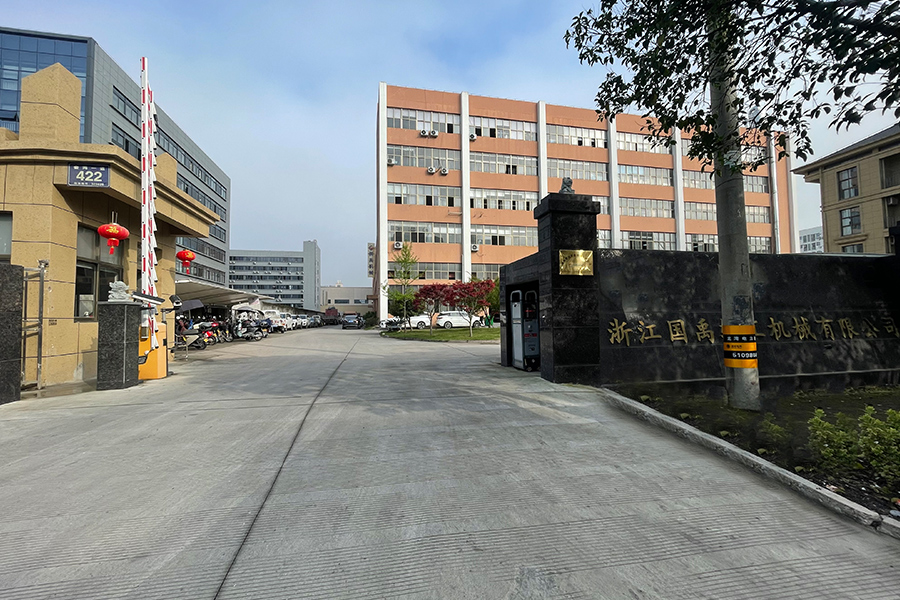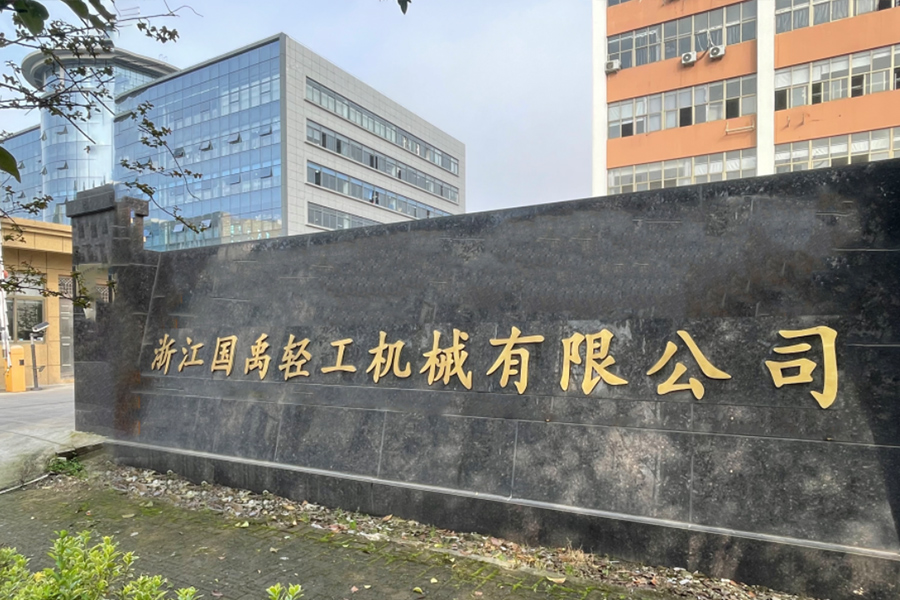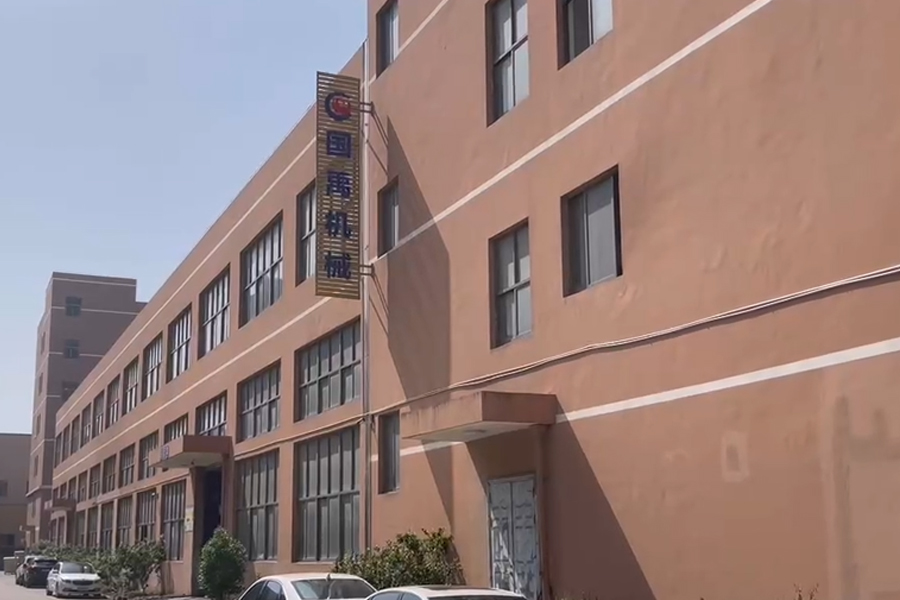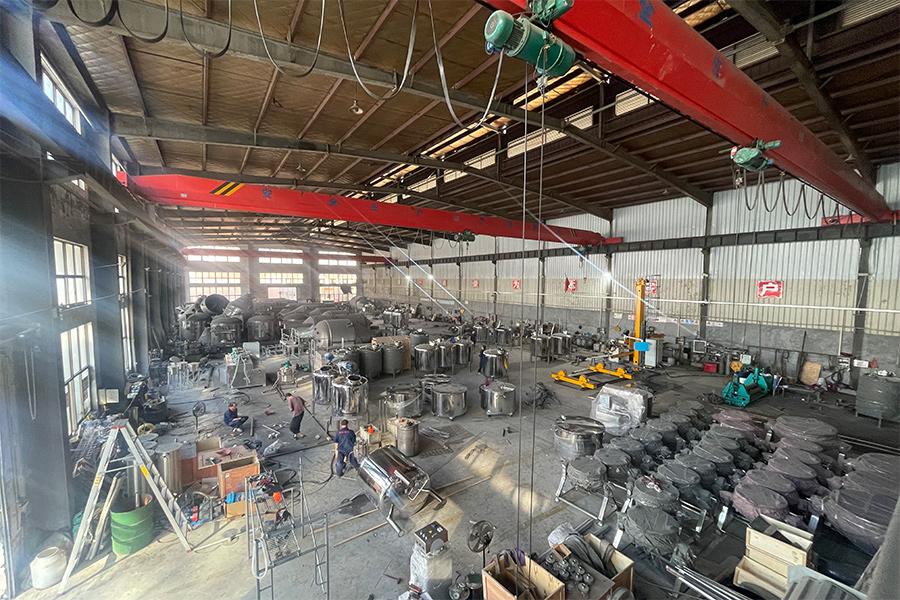-
 [email protected]
[email protected]
-
 +86-13706666922
+86-13706666922

The chemical manufacturing sector continues to benefit from innovations in reaction kettles, essential vessels that facilitate controlled chemical reactions across multiple industries. These specialized containers have evolved significantly from basic mixing tanks to sophisticated systems that precisely manage temperature, pressure, and agitation. The technological progress in reaction kettle design reflects growing demands for efficiency, safety, and versatility in chemical processing operations.
Modern reaction kettles incorporate advanced materials and engineering features that expand their application range while improving durability. Many current models utilize corrosion-resistant alloys or glass-lined steel constructions that withstand aggressive chemical environments. Contemporary reaction kettle designs often include precise temperature control systems, ranging from jacketed heating/cooling configurations to internal coils that maintain ideal reaction conditions. These improvements allow for better product consistency and reduced batch failure rates in sensitive chemical processes.
The pharmaceutical industry relies heavily on specialized reaction kettles that meet stringent cleanliness and precision requirements. Current good manufacturing practice (cGMP) compliant models feature polished surfaces, sanitary fittings, and validated cleaning systems. Many pharmaceutical-grade reaction kettles now incorporate advanced monitoring systems that track critical process parameters throughout synthesis operations. These capabilities help drug manufacturers maintain strict quality control while scaling production of active pharmaceutical ingredients.
Chemical research laboratories utilize smaller-scale reaction kettles for process development and experimentation. Bench-top versions offer researchers the same control features as production-scale units, allowing for accurate scale-up studies. Modern laboratory reaction kettles often include digital interfaces that record and analyze reaction data, supporting process optimization efforts. The ability to simulate production conditions at smaller volumes helps reduce development costs and accelerate time-to-market for new chemical products.
Industrial chemical producers employ large-capacity reaction kettles in continuous manufacturing processes. Heavy-duty designs feature reinforced constructions that handle high-pressure reactions and viscous materials. Many production-scale reaction kettles now incorporate automated charging systems that improve operator safety when handling hazardous raw materials. These industrial workhorses form the backbone of countless chemical manufacturing processes, from polymer production to specialty chemical synthesis.
Safety enhancements represent a major focus in contemporary reaction kettle engineering. Modern vessels include multiple pressure relief systems, emergency cooling capabilities, and fail-safe agitation mechanisms. Advanced reaction kettle designs often feature redundant monitoring systems that alert operators to abnormal conditions before they become hazardous. These safety improvements help chemical manufacturers mitigate risks associated with exothermic reactions or volatile compounds.
The food processing industry has adopted modified reaction kettles for various production applications. Sanitary models constructed from food-grade materials handle everything from flavor compound synthesis to edible oil processing. Many food-grade reaction kettles feature specialized mixing systems that ensure homogeneous blending of ingredients while maintaining product integrity. The ability to precisely control reaction parameters helps food manufacturers achieve consistent quality in processed ingredients.
Material science advancements have significantly improved reaction kettle performance and longevity. New alloy formulations offer better resistance to specific chemical attacks, while advanced lining materials prevent product contamination. Some cutting-edge reaction kettle designs incorporate composite materials that reduce weight while maintaining structural integrity. These material innovations allow for vessels that withstand increasingly challenging processing conditions.
From small pilot plants to massive production facilities, reaction kettles remain indispensable tools for controlled chemical processing. Their ongoing technological advancement enables safer, more efficient, and more precise manufacturing across diverse industries. As chemical innovation accelerates, reaction kettle designs will continue adapting to support emerging processes and materials, maintaining their central role in chemical production worldwide.







